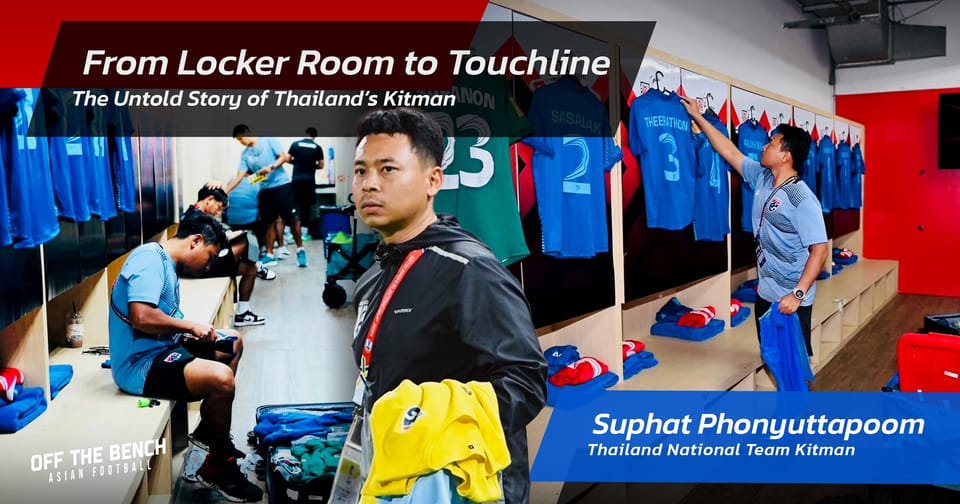From Passion to Profession (Part 2)
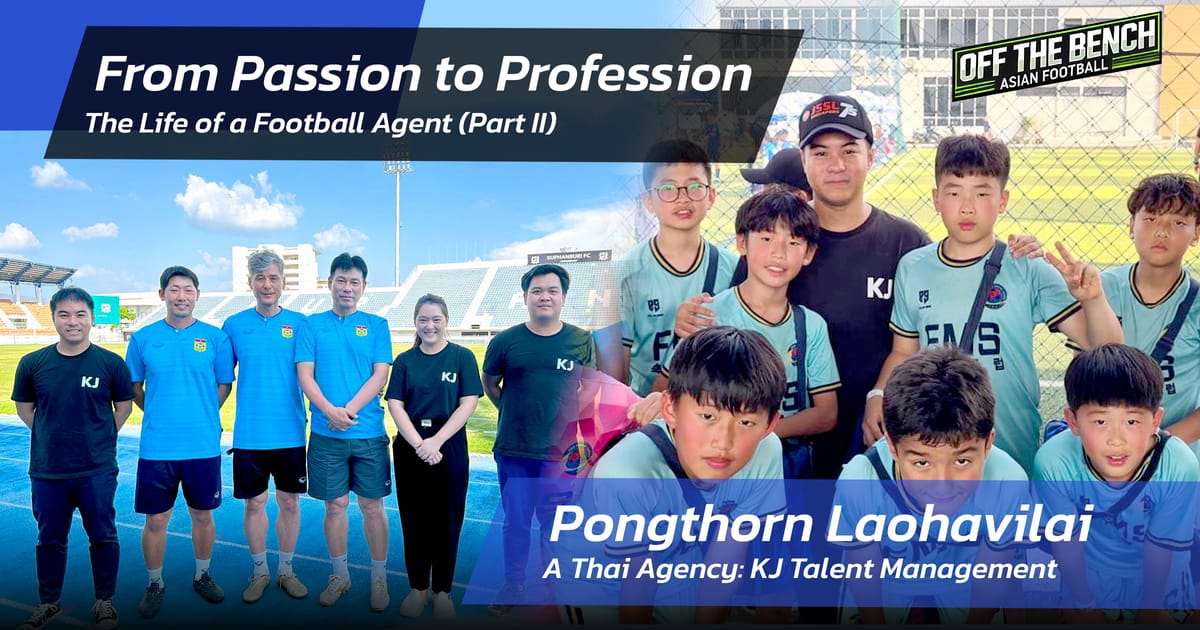
Challenges & Lessons in the Role of a Football Agent
A football agent’s job doesn’t end once a player signs a contract with a club. In reality, the role is more similar to a personal manager who must oversee the player’s career throughout the entire contract period.
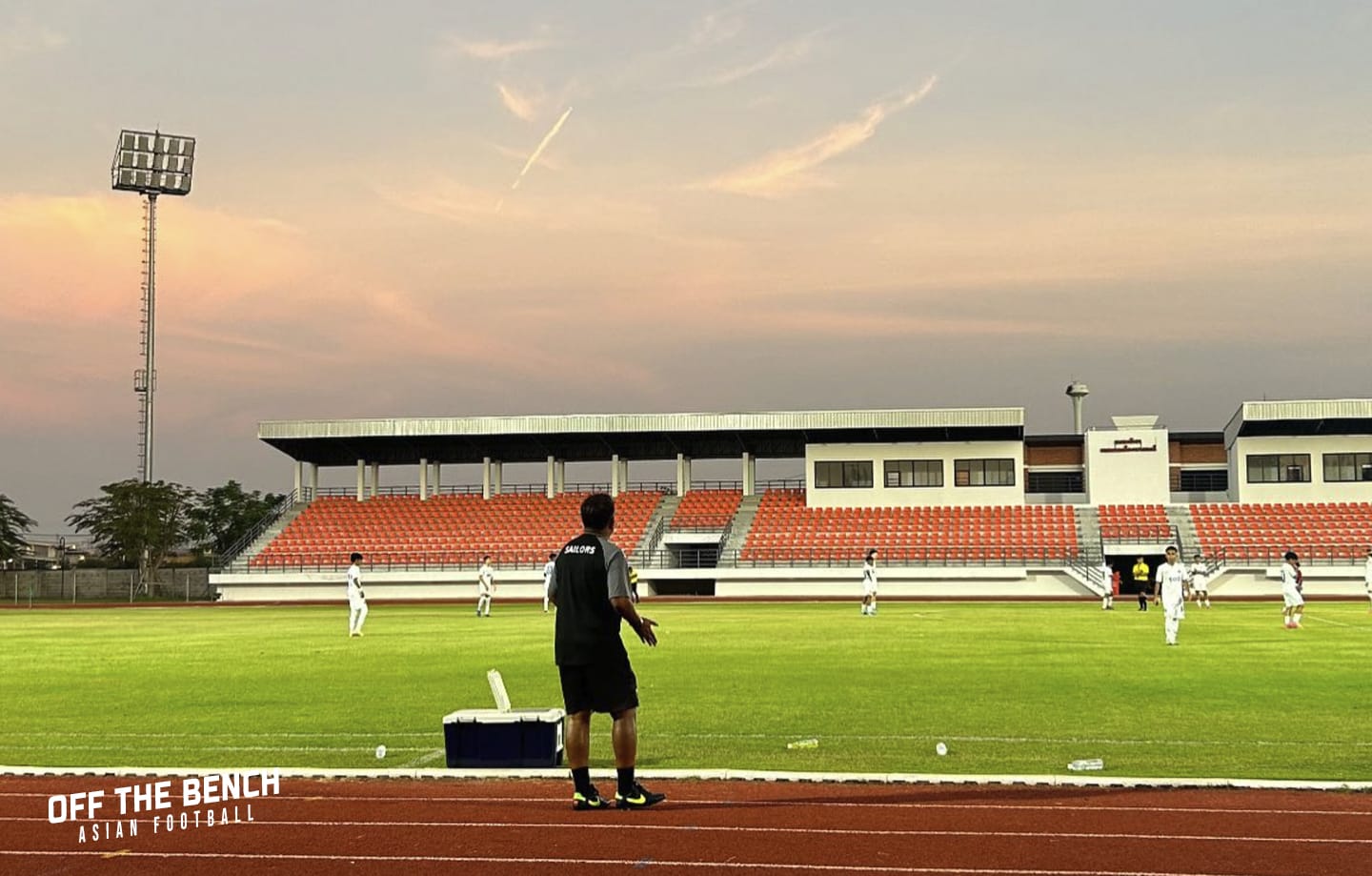
Players don’t just sign a deal with a club—they also have a contract with the agent. If both parties are satisfied, the partnership continues. But the agent’s work extends far beyond negotiations and signing fees.
• Meeting the player
• Finding accommodation
• Arranging trials with clubs
• Handling contract discussions
• Managing work visas and documentation
• Acting as a communication bridge between clubs and players
For example, coaches sometimes won’t speak directly to a player about certain issues. Instead, they will approach the agent:
💬 "Your player isn’t looking as sharp lately. Has he been staying up late? Is there a personal issue?"
In such cases, the agent must step in and mediate discussions, ensuring both the player and the club are aligned.
Building a Network & Developing Football in ASEAN
One of the biggest milestones for KJ Talent Management was expanding into international markets. The first step? Cambodia.
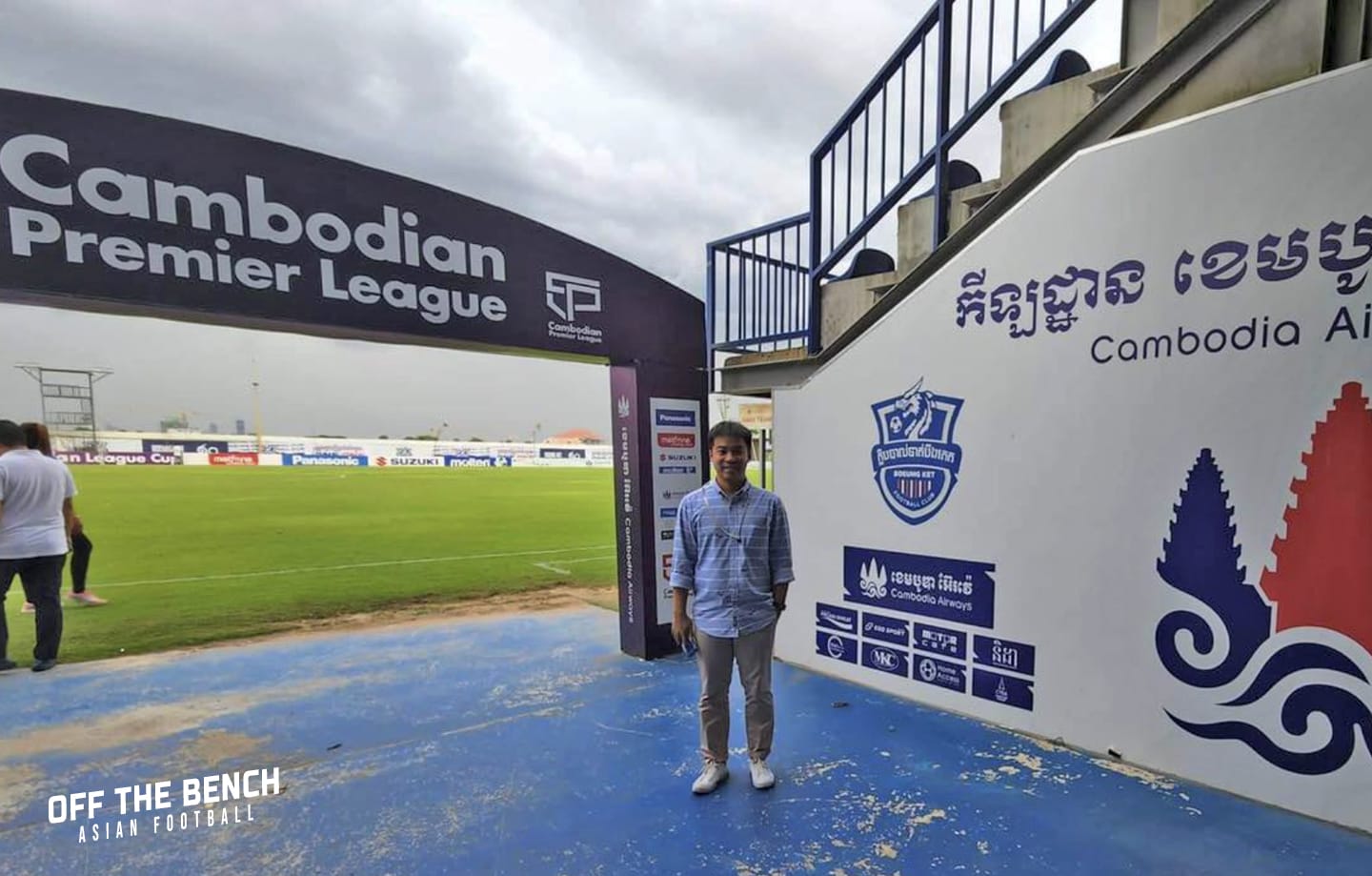
Breaking into a foreign market wasn’t easy. Initially, clubs were hesitant. The first year didn’t go as planned—some of the players he sent didn’t meet expectations.
But after careful research and adaptation, the second batch of players earned starting roles and became key figures in their teams.
Beyond players, KJ Talent Management also placed Thai football coaches abroad—most recently, a goalkeeping coach in Cambodia.
Expansion didn’t stop there. The company has now established a presence in Hong Kong, Singapore, and Vietnam, recognizing that language skills play a crucial role in a player’s international success.
One major challenge for Thai players is language.
📌 Players from the Philippines have a huge advantage because they speak English fluently.
📌 A Thai player moving to Cambodia, for instance, might struggle if they don’t speak English—making it easier for clubs to opt for a Filipino player instead.
An extreme example?
"A Cambodian club once had a goalkeeper from Vietnam, a center-back from Cambodia, and another defender from Colombia. The result? They couldn’t communicate with each other at all."
This is why language training must be a key focus for Thai players from a young age—to increase their career opportunities abroad.
Where Do Football Agents Earn Their Money?
Football agents don’t just make money from one deal. Their revenue streams typically come from three main areas:
1️⃣ Commission from Player Salaries
- A percentage of the player’s salary is paid to the agent.
- The club pays the player directly, and the player then forwards the agent’s cut.
2️⃣ Signing Fees from Transfers
- When a player joins a new club, they often receive a signing bonus.
- The agent gets a percentage of this fee or, in some cases, a direct payment from the club (Agency Fee) for facilitating the deal.
3️⃣ Profit from Transfers (Sell-on Fees)
- If an agent brokers a player transfer between two clubs, they earn a commission on the transfer fee.
- Some deals also include a sell-on clause, meaning the agent gets a percentage if the player is sold again in the future.
💡 In many cases, agents also charge additional management fees for handling legal paperwork, visas, accommodation, and career consulting.
The Future of Football Agents in Thailand
"The role of a football agent still has significant growth potential in Thailand," says Kaojai.
Many clubs prefer to focus on team performance and player development—they don’t want to deal with scouting or contract negotiations. This is where agents step in.
However, unlike Europe, where agents play a massive role in football business, Thailand’s industry is still evolving.
📈 Growth may not be explosive, but it will be steady and sustainable as football in Thailand becomes more professionalized.
Final Thoughts: More Than Just Player Transfers
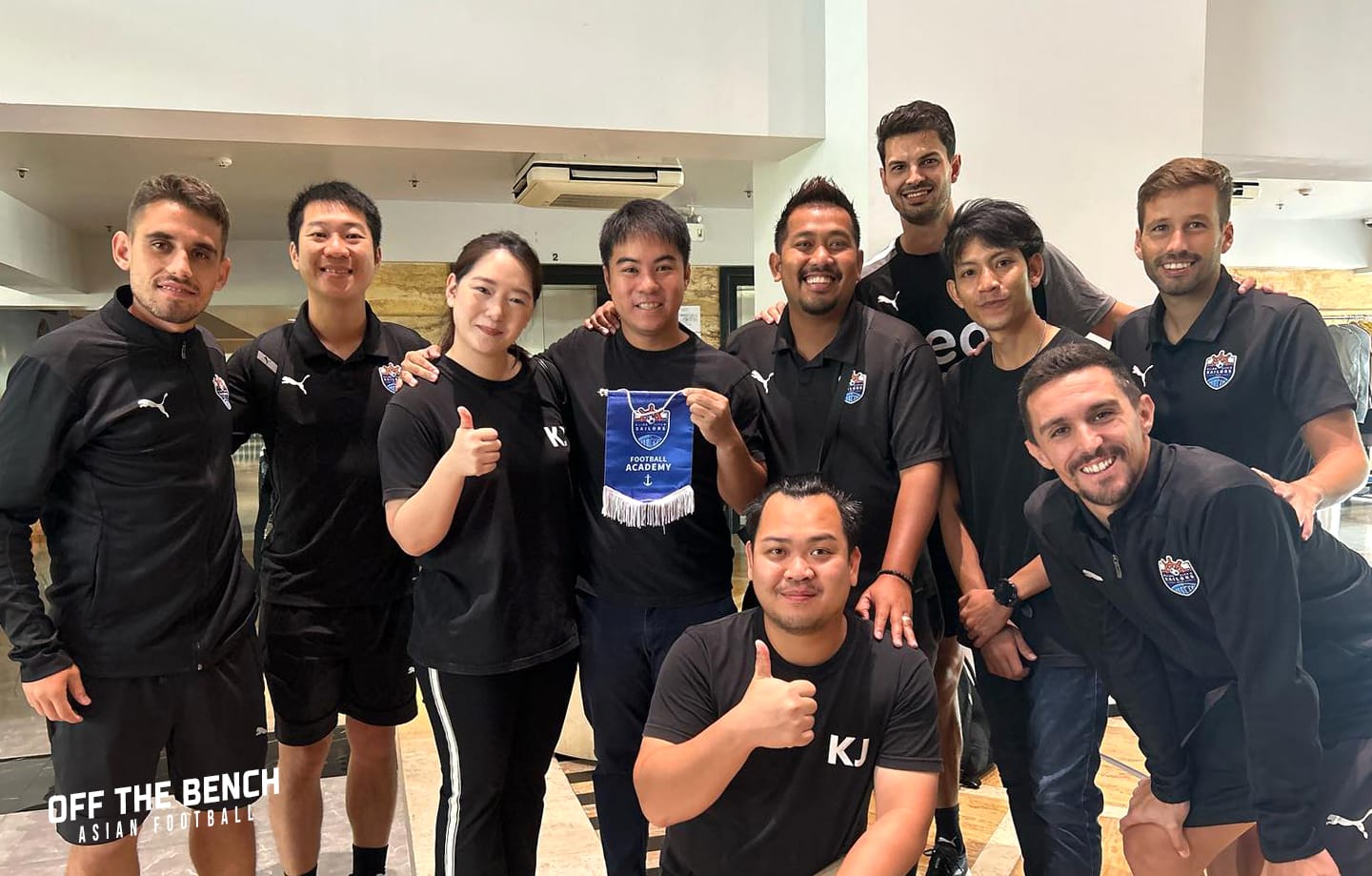
Kaojai’s journey is not just about scouting players or negotiating contracts—it’s about creating opportunities, opening new markets, and elevating Thai football on an international scale.
His work in ASEAN and beyond represents a shift toward a more globalized Thai football industry.
At Off The Bench, we believe this is just the beginning...
🚀 Follow KJ Talent Management for updates on their latest projects!

